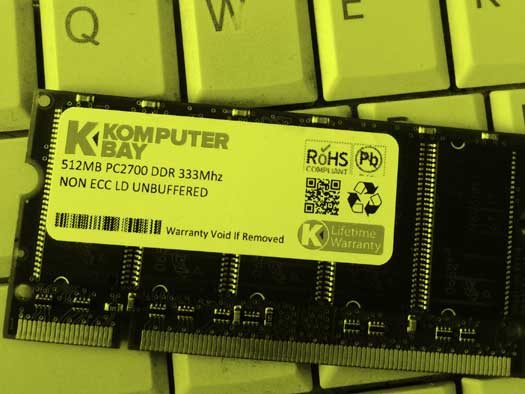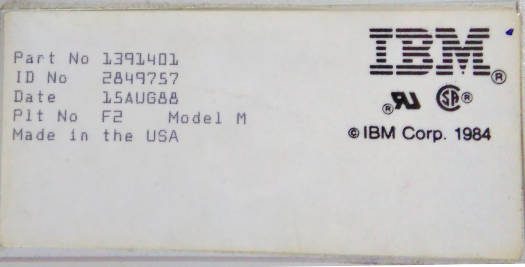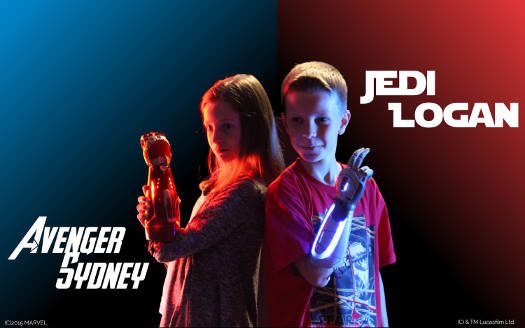If FOSS is to have a future, we must embrace both mobile and the Chromebook model and develop a distro that’s equally at home on a phone, a low resource cloud based computer and on a traditional PC.
Op-ed
When Linus Torvalds started work on Linux, his purpose wasn’t to reinvent the operating system. Just the opposite. His purpose was to build an operating system that was a lot like the already existing Unix. In other words, he embraced what was already being used.
 As development continued, refinements were naturally added that didn’t exist in other operating systems, many of which eventually ended up in other *nixes and even Windows, just as many new additions to Unix also ended up in the Linux kernel. But the original purpose was simply to build on what had gone before, not to create something radically different.
As development continued, refinements were naturally added that didn’t exist in other operating systems, many of which eventually ended up in other *nixes and even Windows, just as many new additions to Unix also ended up in the Linux kernel. But the original purpose was simply to build on what had gone before, not to create something radically different.
Christine Hall has been a journalist since 1971. In 2001, she began writing a weekly consumer computer column and started covering Linux and FOSS in 2002 after making the switch to GNU/Linux. Follow her on Twitter: @BrideOfLinux








 With nothing but my head peeking around the door, I signaled her to enter and I turned by back quickly as I went into the bedroom to make myself presentable to the general population. I came back out of the bedroom and placed the electronic voice simulator to my throat.
With nothing but my head peeking around the door, I signaled her to enter and I turned by back quickly as I went into the bedroom to make myself presentable to the general population. I came back out of the bedroom and placed the electronic voice simulator to my throat.


